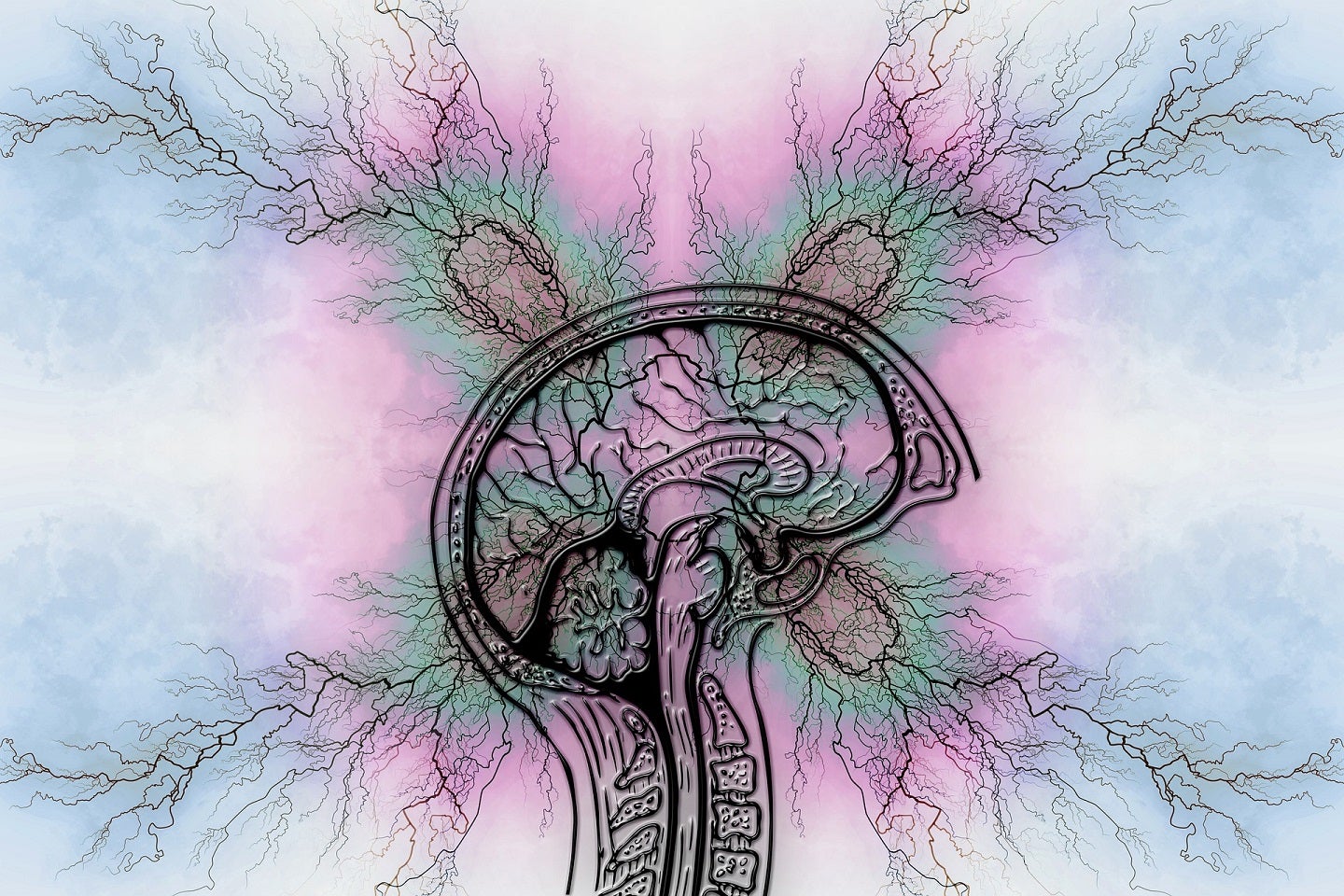
SciSparc has obtained final approval from Tel Aviv Sourasky Medical Center in Israel to initiate its Phase IIb trial of SCI-110 for the treatment of Tourette’s Syndrome (TS).
The centre is the first site in the country to conduct the trial.

Discover B2B Marketing That Performs
Combine business intelligence and editorial excellence to reach engaged professionals across 36 leading media platforms.
Tel Aviv Sourasky Medical Center Department of Neurology Movement Disorders Unit head Tanya Gurevich will lead the trial at the centre.
The randomised, double-blind, placebo-controlled, cross-over trial has been designed to assess the efficacy, safety and tolerability of daily oral dose of SCI-110 to treat adult patients with TS.
It will include patients between the age group of 18 and 65 years.
During the trail, patients will be randomised into a 1:1 ratio to take either SCI-110 or a placebo.

US Tariffs are shifting - will you react or anticipate?
Don’t let policy changes catch you off guard. Stay proactive with real-time data and expert analysis.
By GlobalDataThe trial’s primary efficacy objective is the assessment of tic severity change by employing Yale Global Tic Severity Scale as a nonstop endpoint at week 12 and week 26 of the double-blind phase in comparison with the baseline.
Its primary safety objective is the review of absolute and relative frequencies of serious adverse events for all the patients as well as separately for the patients receiving SCI-110 and placebo.
SciSparc also plans to undertake the trial in a number of sites, including Yale Child Study Center, Yale School of Medicine, Connecticut.
SciSparc CEO Oz Adler said: “TS is estimated to affect 0.5-1% of the world’s population, however, the very few available treatments have limited efficacy and questionable safety.
“Based on previous results from our Phase IIa trial conducted at Yale University, we believe our proprietary SCI-110 treatment has the potential to help TS patients around the world.”





